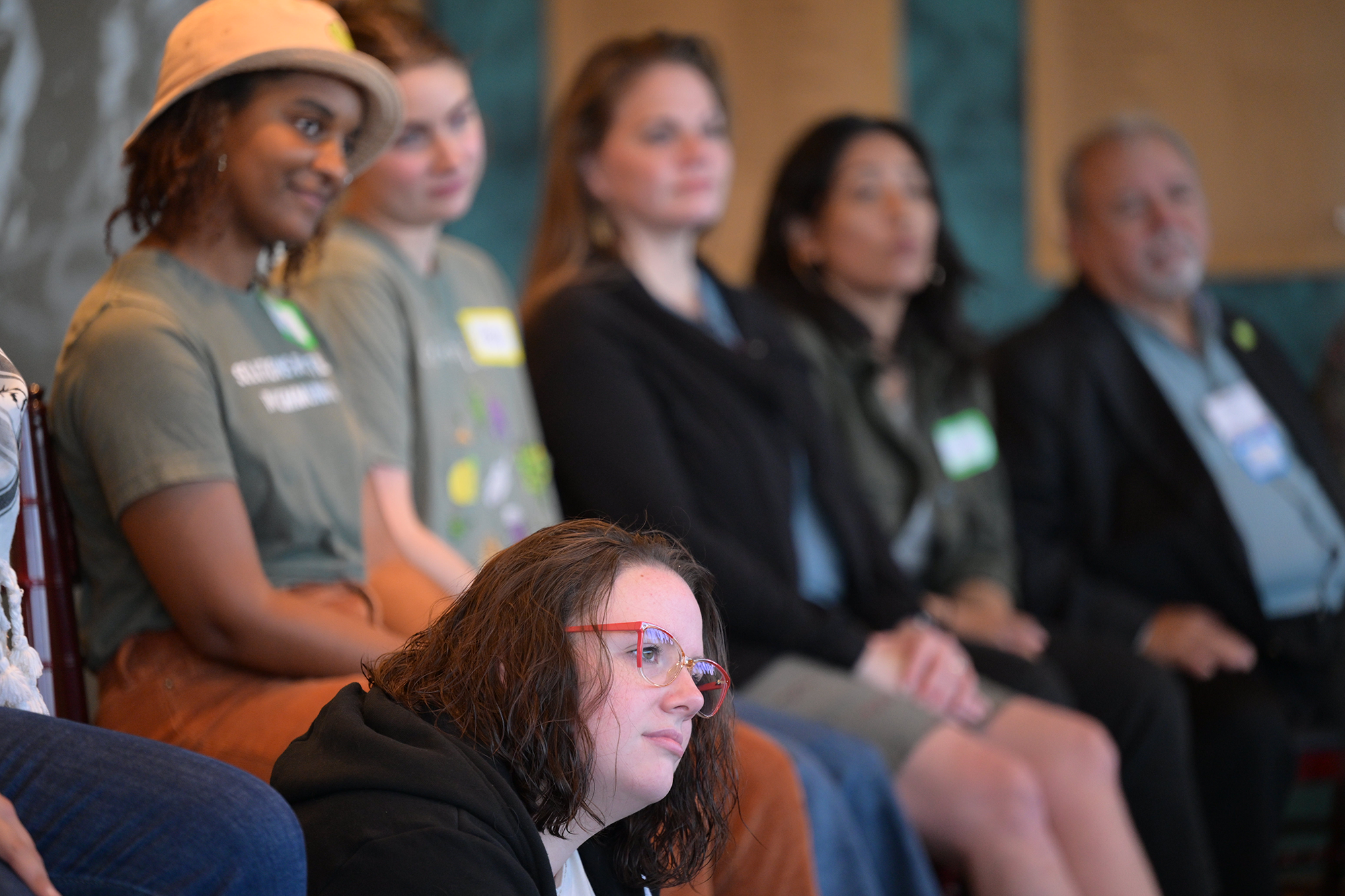The Fifth Cooperative Principle emphasizes the need for cooperative education and training. This is fundamental to the cooperative movement, not only to ensure the success of existing cooperatives with an informed membership and professional management, but also for future leaders of cooperative businesses.
By educating emerging leaders about the advantages of the cooperative approach and how to run successful cooperatives, we make sure that future generations are able to empower themselves in their businesses and in their communities. Last week while visiting Minneapolis, I saw the Fifth Principle in action and its powerful impact on the co-op economy for that city and the state of Minnesota.
Over a couple days, I visited the City of Minneapolis’ Office of Community Building and Urban Planning, spent time with the National Farmer’s Union College Conference on Cooperatives, and was able to collaborate with co-op voices across sectors during the Ralph K. Morris Roundtable. Each illuminated the importance of training and education for the co-op movement.
According to the University of Wisconsin Center for Cooperatives, the state of Minnesota has more cooperative businesses and co-op members than any of its neighboring states. Minnesota’s cooperative history has a foundation of agricultural cooperatives, credit unions and rural electric cooperatives. Building on this foundation, community entrepreneurs are creating opportunities and affecting social change by using the cooperative model for new sectors as varied as real estate trusts, healthcare, brew pubs and arts and entertainment. For a breakdown of these innovative co-op business see p. 22 of the City of Minneapolis’ Co-op Assessment.
The City of Minneapolis, and particularly their Office of Community Building and Urban Planning, has actively worked to lift up the co-op model and make sure its business support programs provide technical assistance and financing that emerging and existing co-ops can access. In particular, the city’s Cooperative Technical Assistance Program offers training on cooperative readiness planning, board member and organizational design, and co-op sustainability and profitability.
In a separate event, I was able to spend time with the National Farmers’ Union College Conference on Cooperatives where nearly 100 college students spent three days immersed in trainings, tours and conversations about the cooperative movement. Chris Kopka of Thrivent Financial spoke about the basics of cooperatives and described the core cooperative advantages of member ownership, benefit and control. Evan Fust of CHS, Inc. discussed the cooperative model in action in the largest agricultural and energy cooperative in the U.S. Evan talked about why farmers came together decades ago to make sure they had access to the inputs and markets they needed to survive, and how this farmer-owned co-op navigates local, national and international markets to serve their members.
After Evan’s presentation, I was able to speak about the deep impact that cooperatives make in the U.S. economy as a whole and the high level of trust that people who know about cooperatives have in co-ops. I then challenged the students to write their own cooperative story to address some of society’s greatest opportunities and challenges.
Leaders from CoMinnesota, a group of cooperators in the state, were on hand to network, mentor and provide concrete examples of how the cooperative model can be used in their local economy. Training opportunities like these are firing up the next generation of cooperative leaders and connecting them to experts and support.
My visit also included an important conversation about education in the cooperative community. William Nelson, one of the greatest champions of co-op education, moderated a conversation of leaders from the Ralph K. Morris Foundation, Cooperative Development Services, Shared Capital Cooperative, CoFed and myself from NCBA CLUSA to talk about the opportunities and challenges supporting cooperative education.
We talked about the critical role that the public sector, foundations and—perhaps most importantly—existing cooperatives have in making sure resources are dedicated to effective educational efforts, from ensuring that cooperatives are included in school and college curricula to supporting initiatives such as CoFed, which encourages and supports college students in efforts to establish cooperatively-run food businesses. The group agreed that as with any sector, cooperatives need to consider how the evolving technological landscape might provide opportunities for cooperatives to look for new ways to resource and support the critical education function of cooperatives.
These three examples—the the City of Minneapolis, the NFU Cooperative College and the Ralph K. Morris Foundation’s roundtable—provided great models of work being done to lift up the cooperative model. And what they had in common made clear how important it is for the cooperative community to continue its focus on the principle that just may well be the key to the future of the cooperative movement: Cooperative Education, Training and Information.


